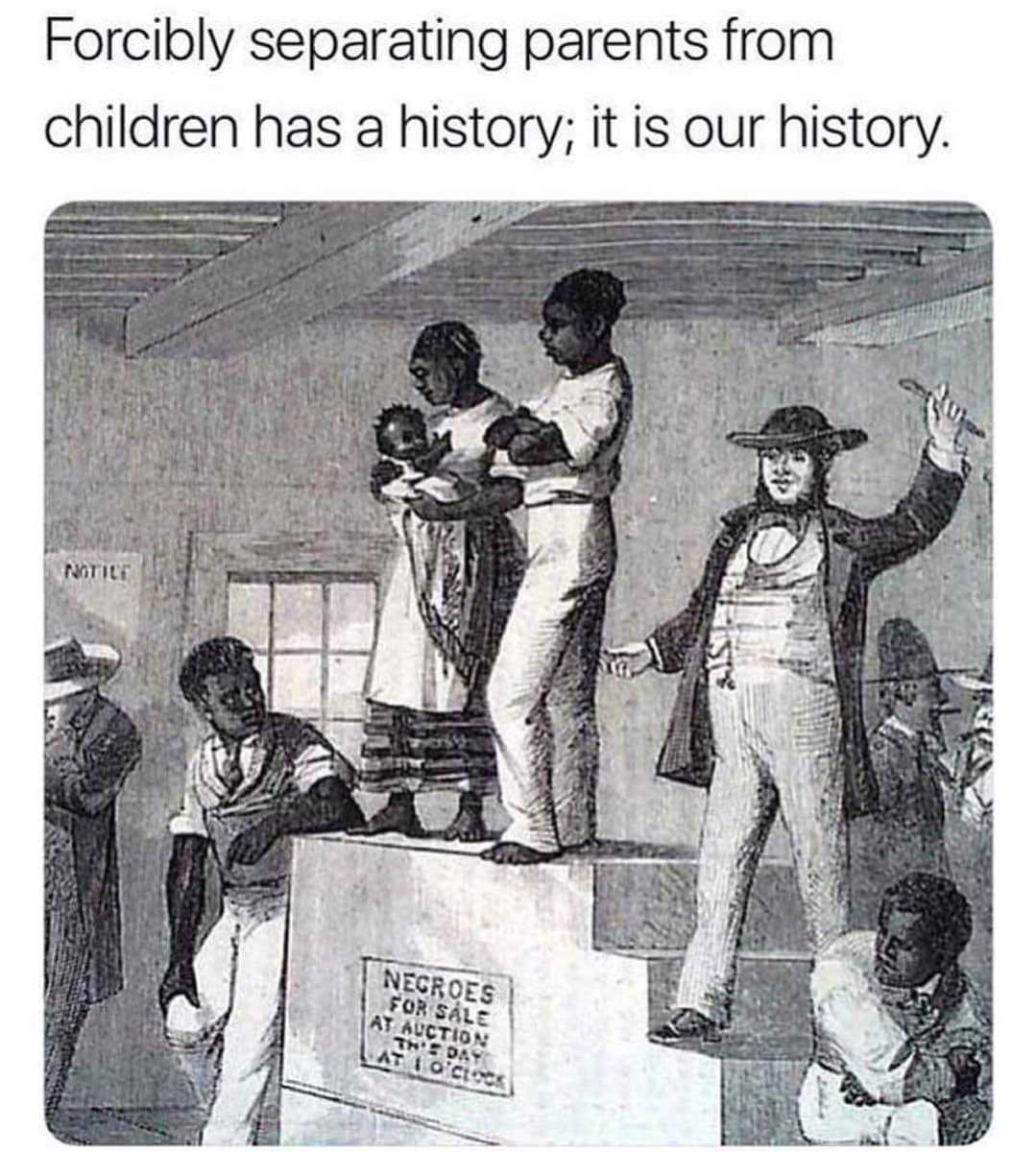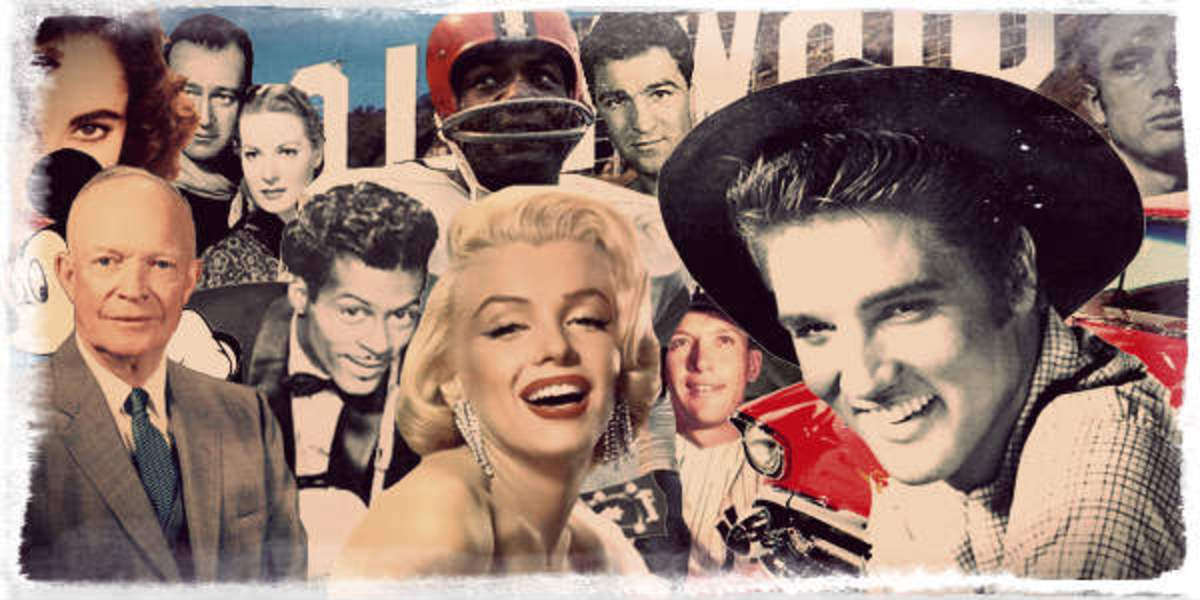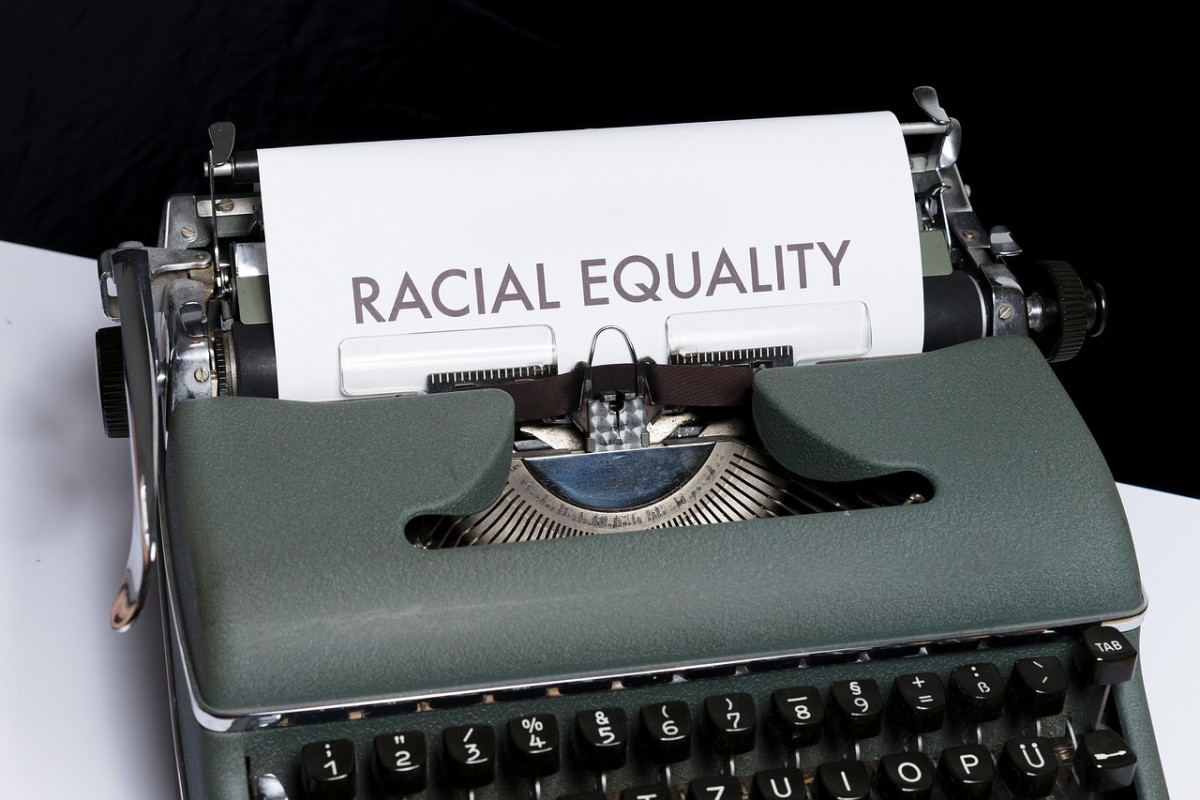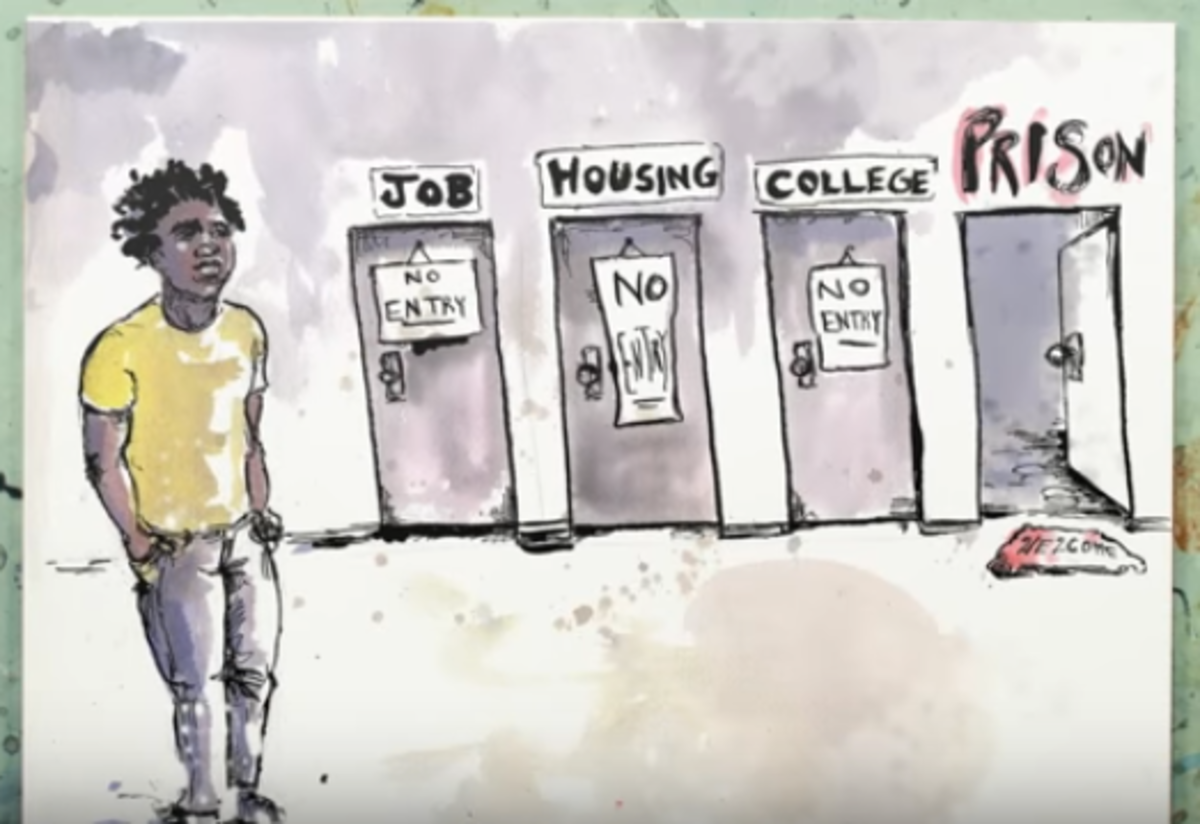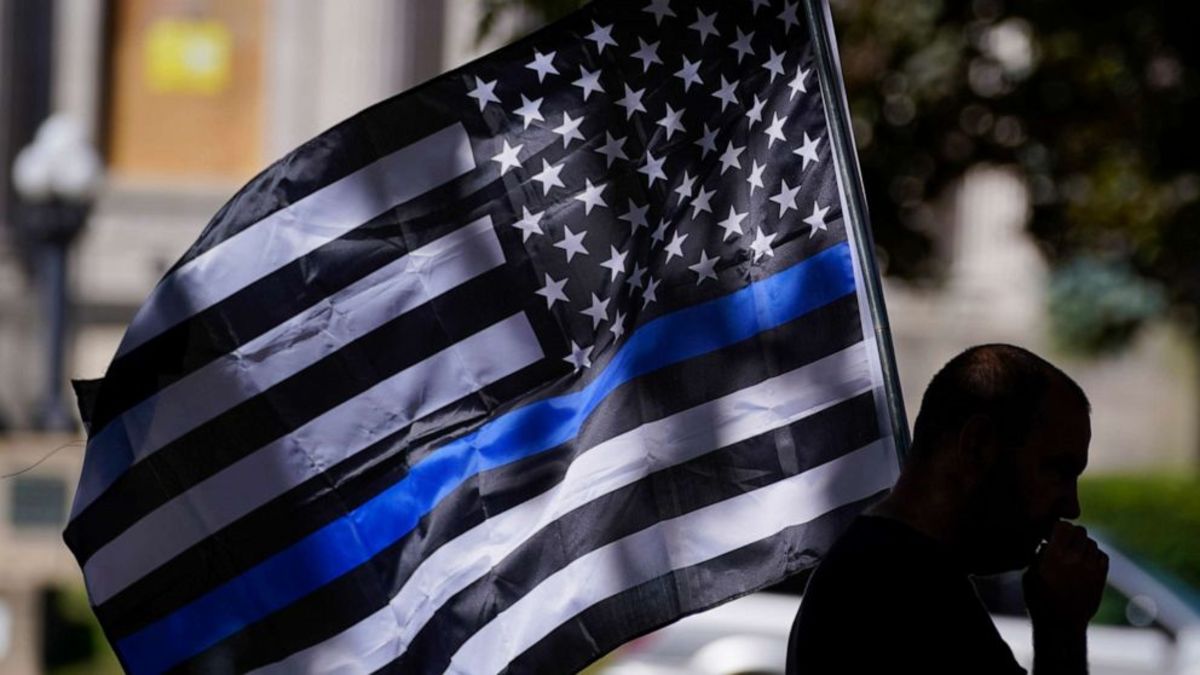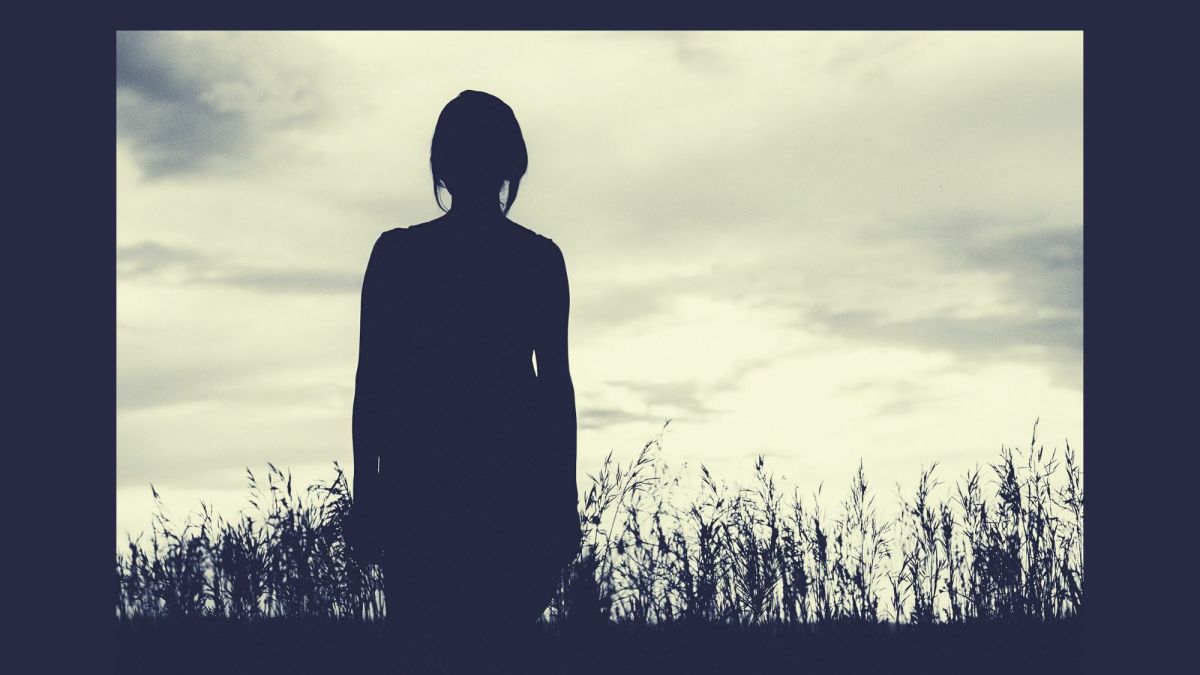A Simple Solution to the Problem of Police Shootings
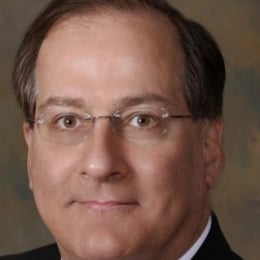
A Simpler Solution to the Problem of Police Shootings
by
John Dewar Gleissner
Justice is sought with regard to individual slayings of African Americans, Alton Sterling and Philando Castile in prior years … George Floyd and Rayshard Brooks recently. Protesters condemn the systemic disparate treatment of African Americans in the American legal system. Plenty of statistics show police stops, arrests, prosecutions, sentencing and incarceration are very tough on African Americans. What’s not clear is whether this is due to systemic racism, higher rates of offending and resisting arrest by African Americans, other causes or all of them. Studies indicate higher incarceration rates are explained in large part by a greater number of crimes committed, but that does not tell the whole story.
Progressives typically refer to Michelle Alexander’s book, The New Jim Crow, which unfortunately does not contain any solutions. Conservatives prefer the simple statement of former Milwaukee County Sheriff David A. Clarke, Jr. when he recommends that we, “Stop trying to fix the police – Fix the ghetto!” Fixing the ghetto has proven almost impossible, and the War on Poverty made things worse. Fixing the larger problems takes many years simply to make progress indirectly. Each side in this debate marshals its own statistics. Addressing the larger problems takes many years and so far has had little success. Invariably, cities, counties and states say they will review their use of force policies and training, and they always look closely at previous discipline issues with the individual police shooters. In the meantime, substance abuse is at epidemic levels, making arrests more difficult.
The critical interface between suspects and the police generates the most publicity, especially when African Americans are shot by white police officers. When African Americans are shot by white police officers during arrests, protests follow. This publicized interaction represents only the first juncture in the legal system. Multiple later stages of the criminal justice system stand accused of systemic racism. The many stages make statistical analysis impossibly complex or debatable in terms of the exact racist acts, attitudes, personnel or policies that need change. This proves the desirability and wisdom of addressing the all-important arrest scenario first and foremost. We cannot wait on study, conclusions and remedies for systemic racism.
Police shootings are based upon split-second decisions. Critics place discontent of the entire system upon these decisions. The slaying of African Americans becomes the mascot for discrimination in the entire criminal justice system. We need to keep our focus on the arrest process to reduce police violence now.
We are confused by cries to "defund the police." Protesters and critics do not agree whether they mean take all funding away from the police, take some funding from the police or simply reallocate funds that now go to the police. Each city can make its own decisions, of course.
The offenses of arrestees rarely justify death from bullets, batons or choke-holds. Their crimes seem much less important by comparison. Due to this imbalance, the legal duty of citizens to obey the law is not equally emphasized in the wake of shootings.
Most of those shot departed from the non-violence preached by the Rev. Dr. Martin Luther King, Junior. He never resisted arrest, nor was he ever intoxicated when arrested. Addressing the tragedy of police shootings has a simpler, faster, less expensive and nearly guaranteed solution than the larger controversies allow.
Most of the publicized police shootings might have been prevented had citizens obeyed the following accepted rules, laws and wisdom when arrested:
- Remain non-violent.
- Obey the instructions and orders of the police – it’s the law.
- Do not interfere with or obstruct the police.
- Think carefully about your words, movement, body language, and emotions.
- Do not get into an argument with the police.
- Keep your hands where the police can see them and do not make any quick motions.
- Do not run, touch any police officer or resist arrest, even if you believe you are innocent.
When they fault police officers in public, our leaders should also educate the public about these common sense rules of non-violence in the arrest scenario. This is what the Rev. Dr. Martin Luther King, Jr. would have us do now. The path of non-violence is the fastest, surest and most economical way to markedly reduce police shootings and the destruction that follows. As it did during the Civil Rights Movement, non-violence will sustain sympathy in addressing all the other faults in the criminal justice system. Looting, assaults and arson have the opposite effect.

